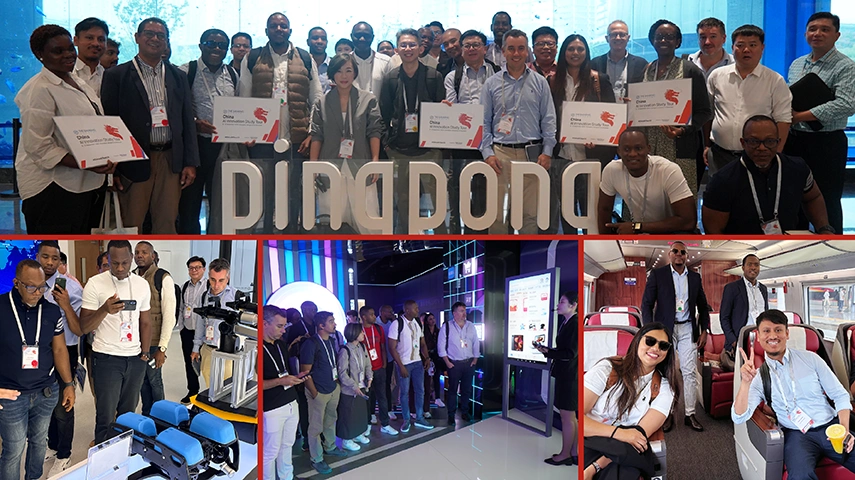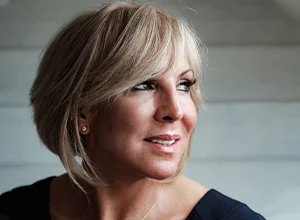DBS is actively targeting small and medium-sized enterprises (SMEs) and startups in Singapore, a strategy that has yielded results. The bank reported a 44% surge in SME banking income in 2023, driven by a 30% year-on-year increase in cross-border transactions. According to Startup Genome, Singapore’s startup scene has grown from being the 18th to the seventh largest globally in 2024. The number of SME customers seeking financing increased from approximately 92,000 in 2021 to 100,000 in 2023, according to the Monetary Authority of Singapore.
To capitalise on this growth, DBS has introduced the Business Advance+ (BAC+) card with Visa, and launched the StartUp Movement, a collaborative initiative aimed at supporting SMEs and startups.
The BAC+ card specifically addresses the challenges SMEs face in cross-border transactions. With over 79% of Singapore's SMEs planning to expand internationally, according to Mastercard, there is growing demand for streamlined and cost-effective payment solutions.

The card allows businesses to lock in foreign exchange rates for up to a year without additional fees. Unlike banks like OCBC and UOB that offer a flat cashback on spending, the BAC+ card offers higher cashback for specific business-to-business transactions. This targeted approach is ideal for managing costs, such as for web services, marketing campaigns, and freelance talent.
DBS is using the BAC+ card to drive adoption of its digital platform, DBS IDEAL. The card’s integration with the platform allows businesses to manage card activities and expenses efficiently. This focus on digitalisation is paying off, with digital customers generating three times more income on average than non-digital customers.
Building an ecosystem for growth
The bank’s StartUp Movement reaches out to micro-SMEs and startups through its BusinessClass workshops and networking events with tailored products and services. The StartUp Movement is a collaboration with Action Community for Entrepreneurship (ACE.SG) and Visa.

(L to R) Anthony Seow, Head of Payments & Platforms, Consumer Banking Group, DBS; Adeline Kim, Country Manager for Singapore & Brunei, Visa; Koh Kar Siong, Group Head of Corporate & SME Banking, DBS; Saurav Bhattacharyya, Chairman, ACE.SG; Ramesh Sankar, Group Head, Product Management, DBS Corporate & SME Banking
DBS reported that 84% of SMEs rely on banking partners for advice on technology adoption. To meet this need, the bank plans to host clinics and offer direct consultation services for startups. Patrick Lim, chief executive officer at ACE.SG highlighted the importance of financial literacy and capital access for startups, noting that startups sometimes overlook these essentials.
Koh Kar Siong, group head of corporate and SME banking at DBS, emphasised the importance of an ecosystem that can support businesses to expand that involves banks, partners like Visa, and agencies such ACE.SG, Enterprise Singapore, and SkillsFuture.

DBS’ initiative is part of a broader banking industry trend towards collaboration to support businesses. In 2023, HSBC partnered with early-stage private investor Antler to support startups, while OCBC launched a financing initiative for women-led SMEs, offering over SGD 100,000 ($75,000) in financing. However, DBS’ partnership with ACE.SG gives it unique access to a network that represents almost a third of startups in Singapore.
Assessing multi-faceted approach for SMEs and startups
DBS’ multi-faceted approach, combining its BAC+ card and the StartUp Movement, positions the bank well to capitalise on this segment of the market. By addressing key challenges such as cross-border transactions and fostering a support ecosystem, the bank demonstrates an understanding and commitment to small businesses and entrepreneurs.
However, the long-term success of these initiatives depends on market adoption, the evolving landscape, and the bank's ability to adapt to changing needs. While DBS’ strategy could enhance its leadership in this sector, the bank must navigate significant challenges, such as sustaining innovation and differentiating its offerings in a crowded space. These factors will ultimately determine whether it can maintain its momentum and set the pace and benchmark for other industry players.

































